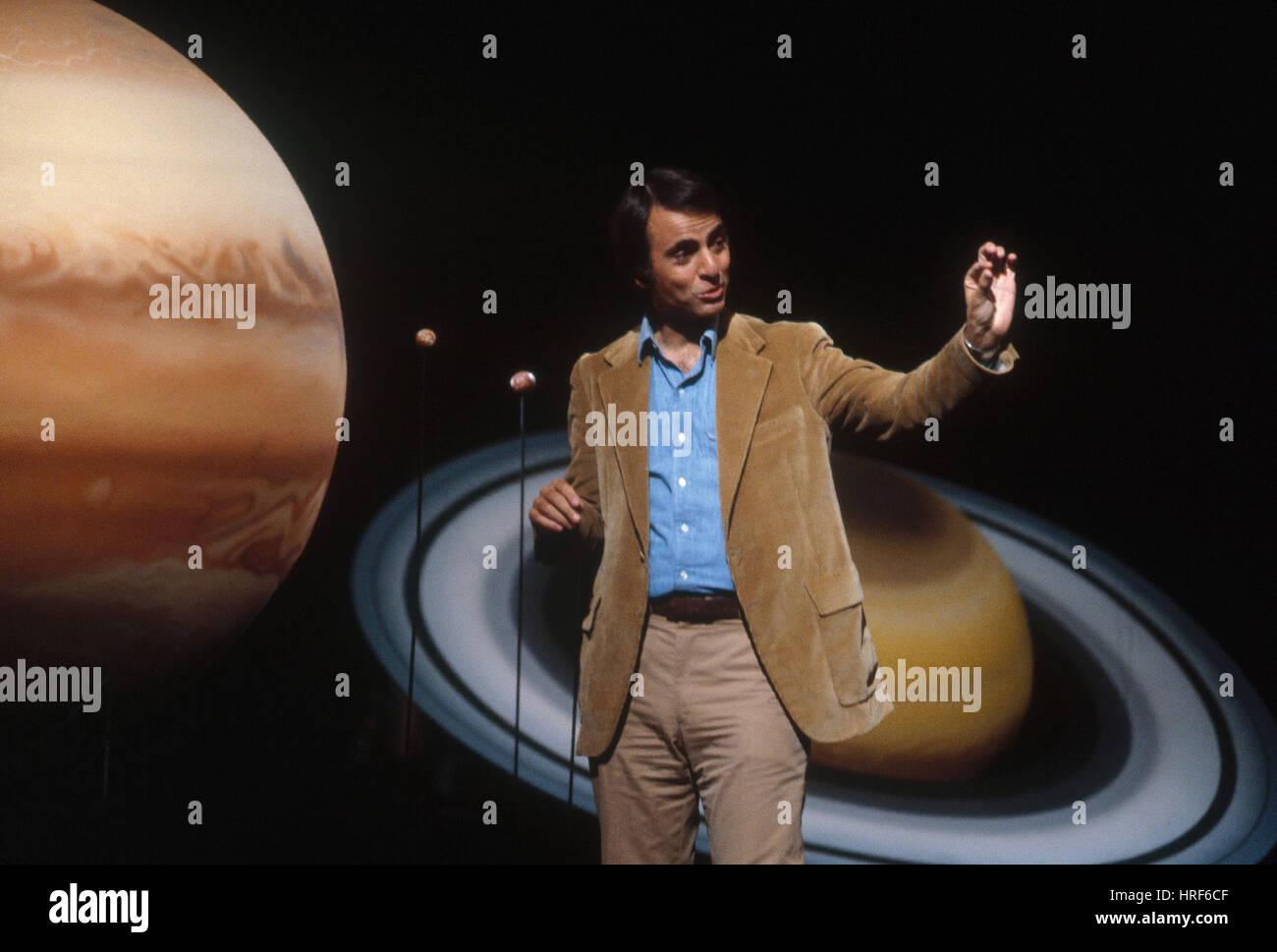

There's never a dull moment, with enough historical re-enactments for an entire movie, from Anaxagoras and Ptolemy in Ancient Greece via Copernicus to Kepler, Tycho Brahe and Christian Huygens. It should be on the science curriculum of every school. "Within us is a little universe."Ĭosmos is a complete science course, encompassing not just cosmology but also chemistry, physics, biology, and the history of human discovery. Why are we cousins?" Then an introduction to the internal workings of cells with a beautiful, elegant computer animation of an enzyme replicating the double helix of DNA. Sagan stands beneath a tree: "This oak tree and me - we're made of the same stuff … Any tree could read my genetic code. It puts things in perspective.įour billion years in the evolution of life from molecules to man then unfolds before our eyes in around 40 seconds of animated line drawings - simple but powerful. In the "cosmic calendar", the big bang is on 1 January, first life on Earth arrived on 25 September, reptiles and trees on 23 December ("The dinosaurs perished around the time of the first flower"), humankind turns up in the last minutes and written records in the final 10 seconds. Sagan strolls through the Library of Alexandria in the 3rd century BC and places it in the context of the entire history of the cosmos. The bridge of the "spaceship" he flies from the farthest reaches of the universe to the shores of our own planet is straight out of Blake's Seven.īut then the real business got started, and it was breathtaking. Sagan himself, in the early episodes, seems to deliver his lines in a contemptuous drawl, not unlike the Matrix's Agent Smith. The music was corny, the opening sequence in which Sagan strides along a clifftop above a rocky shore felt like a documentary cliché, his introduction was painfully drawn-out, the promised poetry was turning the sea air purple. To be honest, my first impressions were not favourable. Would it live up to such high expectations? The 13 one-hour episodes of Cosmos: A Personal Voyage have just been re-released, digitally remastered and with updates on scientific progress in the quarter century that has passed since the series was created. I've heard science journalist colleagues talk about the series almost with reverence, describing Sagan's commentary as "poetry". I was at boarding school in 1980 when it was released, so my TV watching was restricted. I never got to watch Carl Sagan's epic science documentary Cosmos as a child.


 0 kommentar(er)
0 kommentar(er)
